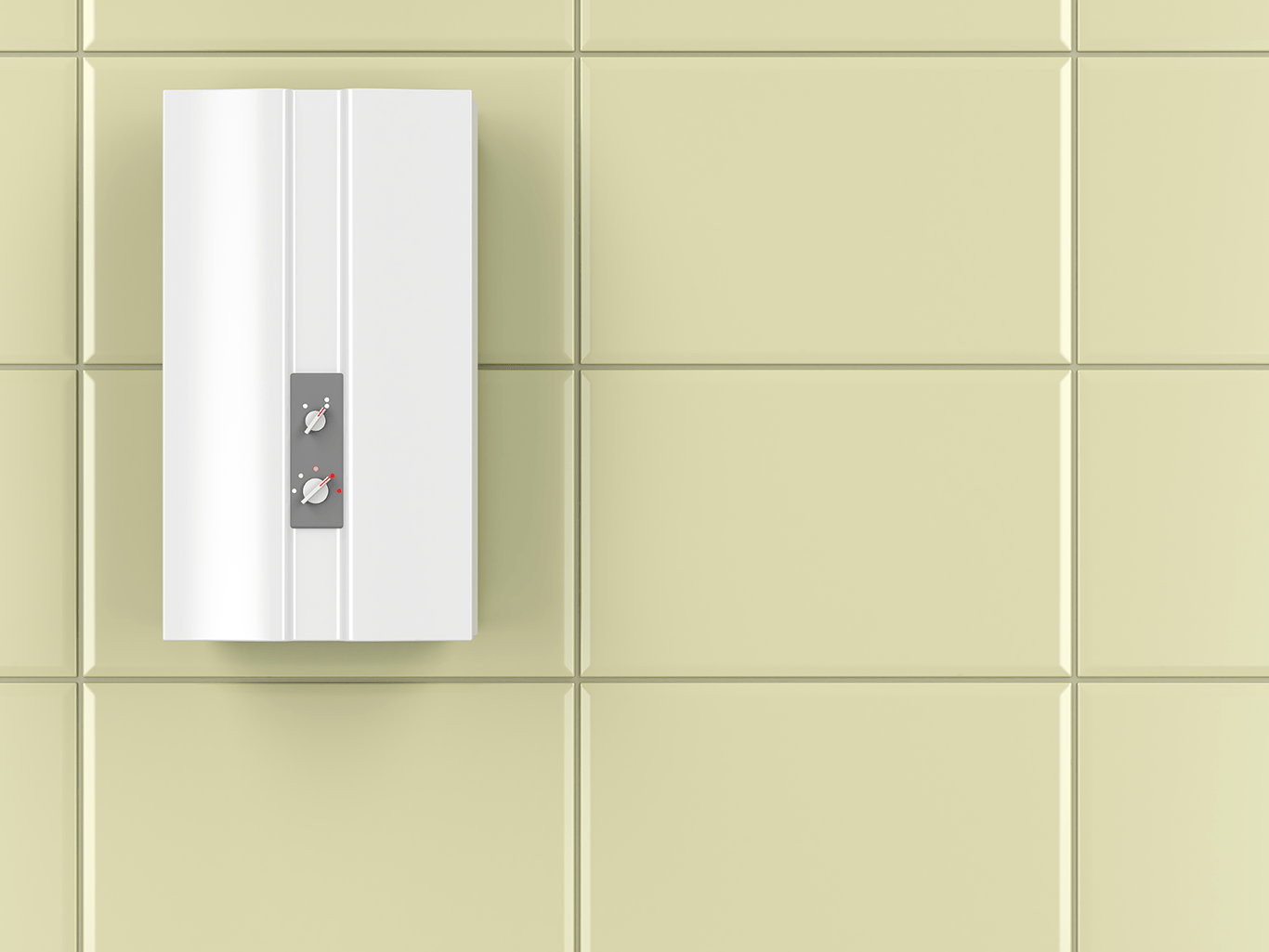A tankless water heater is a type of water heater that does not store hot water in a tank. Instead, it heats water on demand when you turn on the faucet or shower. Tankless water heaters have many advantages over traditional storage tank water heaters. Let’s take a look at some of the benefits of tankless water heaters.
Tankless water heaters are increasingly becoming popular among households due to their longevity and efficient use of energy. While tank models typically require a replacement after only 10-15 years, tankless models boast a lifespan of up 20 years or longer if properly maintained. This can be very cost-effective over time as tankless units require less maintenance and fewer repairs compared to tank models. With proper care, tankless water heaters allow homeowners consistent hot water with minimal required work from year one through year twenty.
Benefits of Tankless Water Heaters
1. Conservation of energy – tankless water heaters only heat water when you need it so there is no wasted energy in maintaining a hot water tank full of hot water that you may not use for hours or days. Traditional storage tank water heaters continuously heat the water in the tank even when you are not using it which can result in higher energy bills.
2. Unlimited hot water – because there is no tank to run out of hot water, you can have an endless supply of hot water with a tankless water heater. This is great for large families or homes with multiple bathrooms where someone is always taking a shower!
3. Smaller footprint – without the need for a bulky hot water tank, tankless water heaters take up much less space making them ideal for small homes or apartments.
4. Longer lifespan – on average, tankless water heaters last about 20 years while traditional storage tanks only last about 10-15 years due to the internal corrosion from storing hot water constantly.
5. Higher resale value – since they are newer technology, tankless water heaters can increase the resale value of your home more than a traditional storage tank unit.
A tankless water heater offers an energy-efficient alternative to traditional storage tank water heaters, providing on-demand hot water for all your needs. This space-saving model eliminates the need for a tank full of preheated water, relying instead on a powerful heating element that only kicks in when you turn on the tap. Not only does this reduce energy use by eliminating standby heat loss, but it also enables tankless water heaters to provide an endless supply of hot water. Best of all, tankless systems last up to 20 years with minimal maintenance requirements and will save you money in energy bills over the life of the unit.
Tankless water heaters offer an energy-efficient alternative to tank-style water heaters by providing hot water on demand. By eliminating the need to continually reheat long-term stored tank water, tankless water heaters can provide significant savings in energy costs. In comparison to tank water heaters that must always generate hot water, tankless units only use energy when hot water is demanded. As a result, tankless water heaters are often stated to have up to 34% greater initial efficiency than traditional tank models. With no tank required and associated maintenance costs, tankless technology offers an economical and efficient addition—or upgrade—to any home’s heating system.
Drawbacks of Tankless Water Heaters
While there are several advantages to owning a tankless water heater, there are also some disadvantages that you should be aware of before making your purchase. Below are three potential drawbacks to opting for a tankless unit over a storage tank model.
1. Increased upfront costs – While the long term savings on your energy bill may make up for the increased initial investment, some homeowners may not have the budget to accommodate the increased costs associated with purchasing and installing a new tankless water heater.
2. Limited flow rate – While most homes will not have an issue with maximizing the flow rate of their unit, those with multiple bathrooms or large families that use hot water simultaneously for dishes and laundry may want to stick with a traditional storage tank model to ensure everyone has enough hot water or they may experience lukewarm showers!
3 . Installation challenges – If your home is not already set up to support a tankless water heater, it could be challenging and expensive to do so depending on how much re-piping would be required changes to your gas lines , etc.). Overall, tankless water heaters offer several advantages over their competitors , but as with any major purchase , it’s important that you do your research and weigh the pros and cons carefully to decide if a tankless model is right for your home.
A tankless water heater is a great way to save energy and money in the long run. However, for it to perform efficiently it is important to consistently check and maintain the tankless system. Routine maintenance tasks for tankless include flushing the system to prevent mineral build-up, cleaning the air filters, and checking for any leaks or damages. Properly maintained tankless have estimated lifespans of up to 20 years, making them both cost-efficient and good for the environment.
Installing a tankless water heater may seem like a costly investment initially, but the money you save in energy efficiency and replacing an aging tank system will pay off in the long run. Unlike traditional storage tank systems, tankless water heaters produce hot water on demand and are much more efficient than storage tank systems in terms of energy usage. Tankless water heaters generally have a much longer lifespan too- they often last up to twenty years, compared to their tank counterparts, which tend to last five to ten years. This longer lifespan can offset the initial price tag of the tankless model significantly.
Reach out to Master Plumbing today to help decide if a tankless water heater is right for your home.

